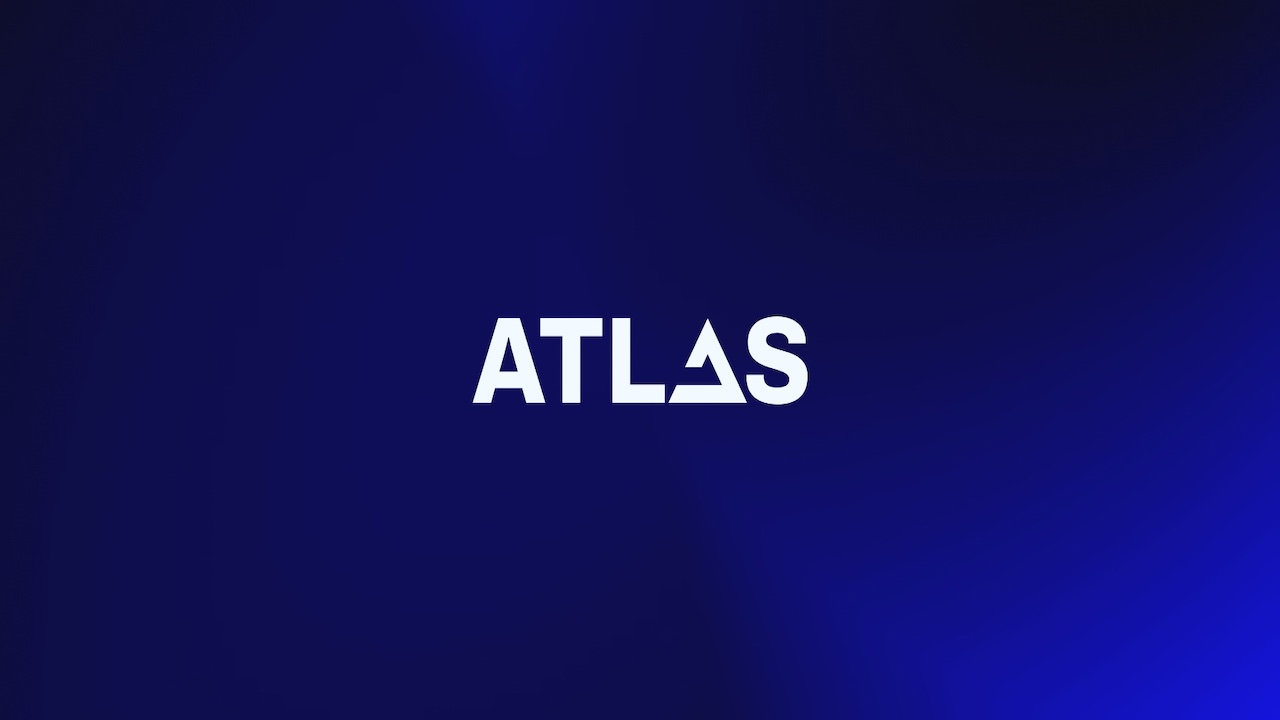Atlas OS is a modified version of Windows aimed at providing a bloatware-free experience that enhances gaming performance and privacy. It is important to note that Atlas OS is not a standalone version of Windows, and you will still need a genuine Windows key (home/pro) to use it. The files and installers used to modify the Windows installation on your machine are open-source, allowing users to verify the authenticity of the modifications before trying them out.
Key Features and Benefits
Some of the main highlights of Atlas OS include:
- Reduced number of processes running on Windows
- Open-source, allowing users to verify its authenticity
- Elimination of telemetry
- Disabling audio exclusivity and unneeded devices
- Disabling power saving (for personal computers)
- Disabling performance-hungry security mitigations
- Automatic enabling of MSI mode on all devices
- Boot configuration optimization
- Optimized process scheduling
Improving Performance and Privacy
The Atlas project aims to eliminate unnecessary background services and processes that consume system resources in Windows, optimizing the user experience for better performance and privacy. This results in higher FPS and snappier game sessions.
For example, a stock Windows installation without Atlas tweaks typically has 100+ processes and significant RAM consumption. After applying Atlas modifications, users can expect only 30-40 system processes and reduced memory consumption. This frees up more resources, potentially allowing games to perform better than they would on a regular Windows installation.
Is Atlas OS Suitable for Everyone?
While Atlas OS offers numerous advantages for gamers and privacy-conscious users, it may not be the perfect fit for everyone. The extensive optimizations and tweaks applied to the Windows operating system may result in compatibility issues with certain software or hardware. As a result, it is important to consider your specific use case and requirements before making the switch to Atlas OS. If you rely heavily on certain applications or devices, it might be worth testing their compatibility with Atlas OS in a virtual environment or on a separate machine before committing to the changes on your primary system.
The Future of Atlas OS
As the Atlas project continues to evolve, its developers are likely to further refine and expand its features and optimizations. The open-source nature of the project also means that the community can contribute and collaborate to improve Atlas OS. This ongoing development and the growing interest in optimized operating systems may inspire other developers to create similar projects, ultimately providing users with even more choices for enhanced gaming and privacy experiences. By pushing the boundaries of what is possible with Windows, Atlas OS and similar projects have the potential to shape the future of operating systems and set new standards for performance and privacy.













